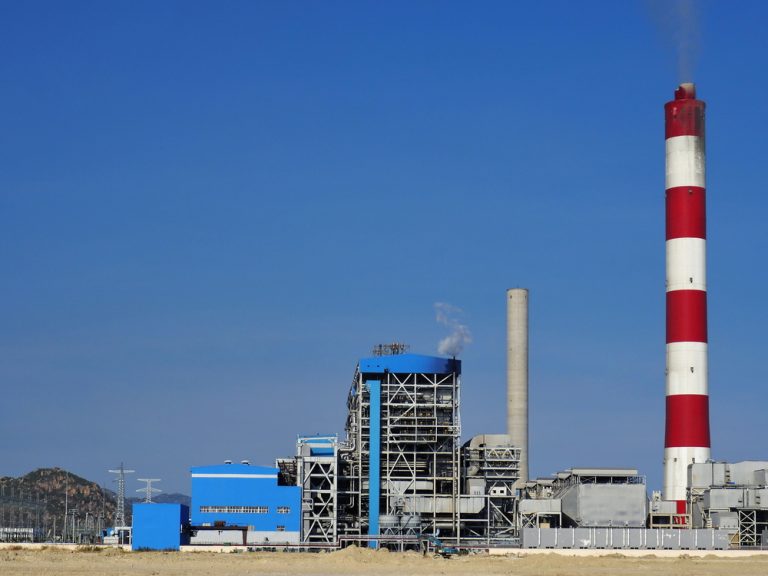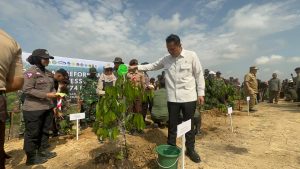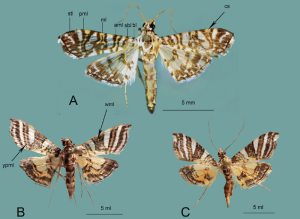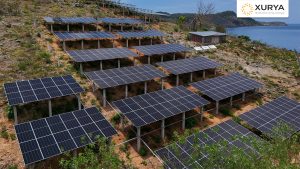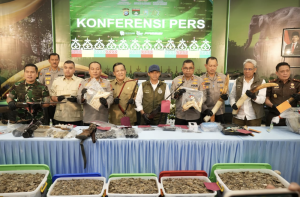Jakarta – PT PLN Indonesia Power initiated a collaboration with the Bandung Institute of Technology (ITB) to study the use of Carbon Capture Storage (CCS) technology at the Pangkalan Susu Steam Power Plant (PLTU) in North Sumatra. This step is part of the company’s strategy to reduce carbon emissions in the electricity sector without compromising the reliability of the electricity supply.
PLN Indonesia Power CEO Bernadus Sudarmanta, on Sunday, August 17, said that this partnership is a tangible manifestation of the company’s commitment to supporting the national energy transition.
The study was conducted through a feasibility study covering technical, operational, economic, and potential environmental impact aspects. The ITB expert team visited the Pangkalan Susu PLTU on August 4–6, 2025. The activities included reviewing the power plant facilities, technical discussions, and collecting supporting data.
“Collaboration with academics such as ITB will accelerate the energy transformation towards net-zero emissions. CCS technology is not only a technical solution, but also a symbol of innovation and environmental responsibility that we uphold,” said Bernadus.
According to Bernadus, the results of the feasibility study will later be used as a reference in the preparation of technical designs, cost estimates, and long-term implementation strategies. “PLN Indonesia Power continues to open up opportunities for cross-sector collaboration to ensure that every step towards decarbonization is carried out in a measured, efficient manner and has a real impact on the future of energy in Indonesia,” he added.
The Pangkalan Susu coal-fired power plant was chosen because of its large capacity and its role as one of the backbones of electricity in North Sumatra. With the implementation of CCS, carbon emissions from coal combustion can be captured and stored, thereby potentially reducing emissions significantly.
The study currently being conducted by ITB and PLN Indonesia Power also covers detailed topics such as steam requirements, CO₂ emission intensity, pipeline routes, and potential storage locations. The results of this study will determine the feasibility of the Pangkalan Susu coal-fired power plant as a pilot project for CCS implementation in Indonesia.
If successful, this step is expected to be the starting point for the application of similar technology in other coal-fired power plants, while strengthening Indonesia’s position in the global agenda towards clean energy. (Hartatik)
Banner photo: Nai Rungrueang/shutterstock.com

